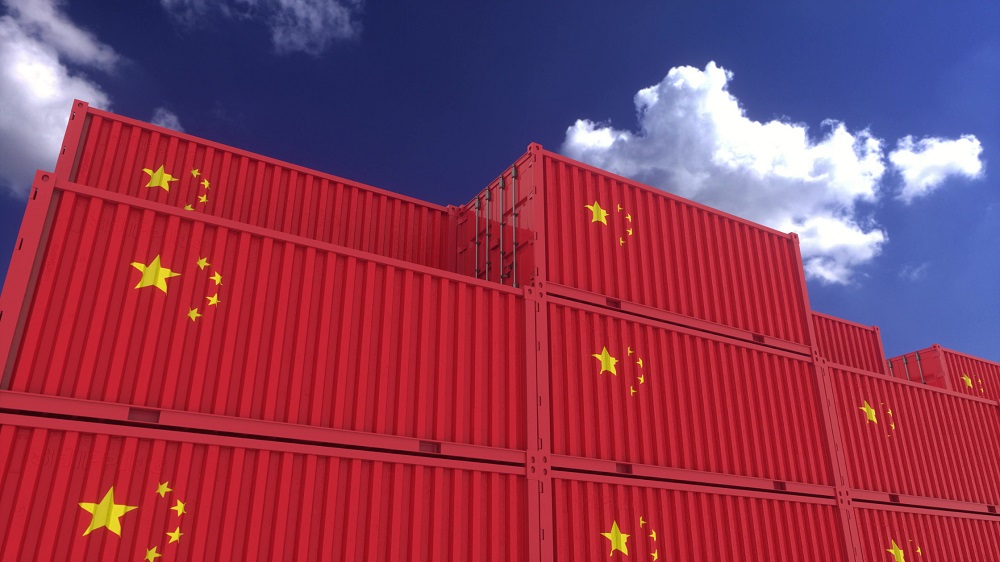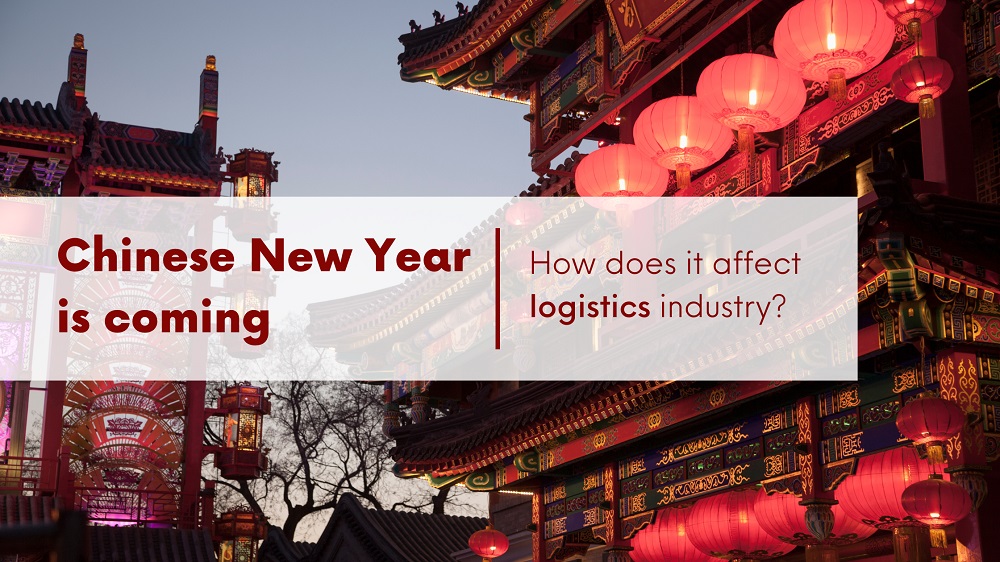China and the Gulf Cooperation Council (GCC) are edging closer to signing a historic free trade agreement that could bring a major boost to their relationship. Analysts are particularly excited about the potential impact on the new energy sector.
The heat-up in China and the GCC's relationship is a game-changer in the world of trade and investment. It's been nearly 20 years in the making, but the Gulf-China Free Trade Agreement (FTA) is finally picking up pace. China's Foreign Minister Qin Gang expressed a desire to finalize the deal "as soon as possible" during a recent conversation with Saudi Arabia's Foreign Minister Prince Faisal bin Farhan. It seems that the stars are aligning for this historic deal and it is just a matter of time before it becomes a reality.
Qin Gang stated that it is a big step forward in the relationship between China and the GCC! It is important that the two sides work to expand cooperation across a range of areas, including economy and trade, energy, infrastructure, investment, finance, and high-tech. Also, striving to strengthen their strategic partnership. With an ultimate goal of building a China-GCC free trade zone as soon as possible!
According to Nasser Saidi, president of Nasser Saidi & Associates and former chief economist of the Dubai International Financial Centre, the moment we've all been waiting for could arrive as soon as this year. That's right, the signing of a historic free trade agreement between China and the GCC could be just around the corner.
The China-GCC Free Trade Agreement (FTA) negotiations have been underway since 2004, but according to Saidi, former Minister of Economy and Industry for Lebanon and former Deputy Governor of the country's central bank, agreements have been reached on most trade-related issues. We're entering the final stretch!
With the Gulf Cooperation Council (GCC) striving for increased economic diversification, the agreement is set to focus beyond just oil and delve into trade, services (including digital), tech sectors, and both portfolio and direct investments. This could be a game-changer for the Gulf region!
President Xi Jingping's visit to Saudi Arabia in December marked a major shift in the strategic relationship between China and the GCC. According to Saidi, this visit will give a strong push to the agreement, with an initial FTA potentially being signed as soon as 2023.
Lombard Odier macro strategist Homin Lee also believes that a deal is imminent. As soon as both sides are ready to move forward on the key issues holding them back, Lee predicts a quick resolution to the negotiations. The China-GCC FTA is nearly within reach!
China and the GCC: Trade Connections
Trade connections between China and the six-member GCC bloc have been on a steady upward trajectory, and now, with the two sides edging closer to signing a free trade agreement, experts are saying the relationship between the two economies is about to enter a new era.
According to data from the General Authority for Statistics, China is already the top trading partner of Saudi Arabia, with bilateral trade volumes reaching nearly $79 billion in the first nine months of 2022. Meanwhile, trade between China and the United Arab Emirates reached a record high of $99.27 billion in 2021, with China being the UAE's largest non-oil trading partner.
In this regard, the Ambassador of China to the United Arab Emirates, Zhang Yiming, tweeted: “In 2022, the bilateral trade volume between #China and the #UAE reached a record high of US$ 99.27billion, a YOY increase of 37.4%. China's imports were US$ 45.41 billion, a YOY increase of 58.9%; China's exports were US$ 53.86 billion, a YOY increase of 23.3%.”
This boost in trade could only be the tip of the iceberg if a free trade agreement between China and the GCC is signed. Analysts predict that such a deal would not only deepen trade ties but also create more opportunities for investment linkages that could generate greater returns.
"An FTA will definitely boost trade connections," says Monica Malik, Chief Economist at Abu Dhabi Commercial Bank. "This was very much visible with the comprehensive economic agreement signed with India [by the UAE] and it should help in deepening trade ties further between the GCC and China."
The treaty could also provide China with a chance to better compete on the supply of intermediate goods to the GCC, says Homin Lee from Lombard Odier. "The region is ramping up its infrastructure investments amid a boom in energy markets, and China is in a good position to help with such efforts with its large industries capable of supplying capital goods and related commercial services for projects abroad."
With President Xi Jingping's historic visit to Saudi Arabia in December signaling a "major shift" in the strategic relationship between China and the GCC, and negotiations already underway, the prospects of a free trade agreement between the two economies are brighter than ever. It could be the start of a new chapter in a trade relationship that has already proven to be a winning combination.
China and the GCC: Unleashing a Multitude of Opportunities Beyond Oil
Oil may be the main focus of trade between China and the Gulf Cooperation Council (GCC), but the new Free Trade Agreement (FTA) could unleash a multitude of opportunities beyond oil. According to Robert Mogielnicki, a senior resident scholar at the Arab Gulf States Institute in Washington, the broader energy sector, particularly natural gas, and renewables, is set to be an important focal point of the agreement.
Not only will the non-oil goods and services trade play a critical role in FTA negotiations, but the agreement could open up new sectors such as services, technology, artificial intelligence, and robotics. This, in turn, would strengthen the linkages between infrastructure, transport, and logistics, leading to a potential doubling of non-oil trade within the next three years, according to Mr. Saidi.
The FTA will also offer opportunities in industries such as construction, manufacturing, tourism, and space exploration, as well as the linking of financial markets. The GCC's petrochemical sectors will also be crucial, as China is expected to be a major driver of the global demand for petrochemicals.
In the long run, the diversification of the GCC region's economy will lead to a wider range of exports to China. In the meantime, the region can expect to benefit from cheaper imports from China, says ADCB's Ms. Malik. Mr. Lee suggests that the Gulf region could also take advantage of competitively priced imports of machinery, transport equipment, and manufacturing products from China. He adds that China's green sectors could also see a boost from the deal, as the GCC region works to diversify its energy infrastructure and China has leading positions in the sub-sectors key to electrification and electric vehicles.
GCC Countries Navigate Changing Trade Landscape to Seek Growth Opportunities
As the world economy slows and global trade growth slows to 1% this year, according to the World Trade Organization (WTO), countries like the UAE are breaking away from the trend. Last year, the UAE saw a staggering 15% growth in trade, and the GCC is on the hunt for new opportunities.
Meanwhile, the GCC countries are expected to maintain strategic flexibility in trade and look to the East for growth opportunities while still valuing the West economically and politically.
"We expect the GCC countries to maintain a degree of strategic flexibility for the foreseeable future when it comes to trade, as they are fundamentally incentivized to get the best value for the commodities they export to other countries," says Lee.
The Gulf states are looking to the East, particularly Asia, for growth opportunities. The Arab Gulf States Institute's Robert Mogielnicki believes Asian economies present a priority for GCC countries' global economic engagement. "Growth across the strongest Asian countries is likely to outpace global averages over the short and medium terms," he says.
Despite this, the West remains important economically and politically to the GCC. The bloc is seeking to broaden its economic sphere, and trade expert Livermore says, "The West will remain important economically, as well as politically."
China and GCC: A Partnership for Mutual Growth
As the world moves forward, China and the Gulf Cooperation Council (GCC) are set to strengthen their relationship. China remains one of the GCC's leading energy importers, and the GCC is looking to leverage China's competitive industries as they work to diversify and prepare for a global transition to clean energy.
"Broadening and strengthening trade will be key and will be an area of mutual growth," says Aisha Malik, Chief Economist at Abu Dhabi Commercial Bank (ADCB). And there's more to the partnership than just trade and investment.
Adopting the PetroYuan, a system where oil could still be priced in US dollars, but payments and settlements would be in Chinese yuan, could bring significant benefits to both sides, says Nasser Saidi, an economist and former minister of economy and trade in Lebanon.
With deeper economic ties, China and the GCC can benefit from increased cooperation in areas such as banking and payment systems, central bank agreements, and state-owned enterprises. Additionally, sovereign wealth funds can also be used as a tool for cooperation, with GCC sovereign wealth funds focusing more on Asian economies, particularly China, and vice versa.
As the relationship grows, China will also emerge as a geostrategic partner in defense and security for the GCC, given their alignment on political issues. The opportunities for growth and mutual benefit are endless for China and the GCC as they look to combine their strengths.
Vervo Middle East’s Experts: China-GCC Deal is a New Era for Shipping Industry
As a shipping company, we are thrilled about the growing China-GCC relations and the increasing trade opportunities between the two regions. The combination of China's strong export market and the GCC's efforts to diversify and expand its domestic capacity will result in a thriving trade partnership.
Furthermore, Deeper economic ties between China and the Gulf region hold immense potential for increased cooperation, including the integration of shipping and logistics operations. This would allow for the efficient and streamlined movement of goods, boosting the overall competitiveness of the industry.
Additionally, partnerships between special economic zones and state-owned enterprises can help spur economic growth, and sovereign wealth funds can also be utilized to drive cooperation. Stay tuned for updates!



.jpg)
